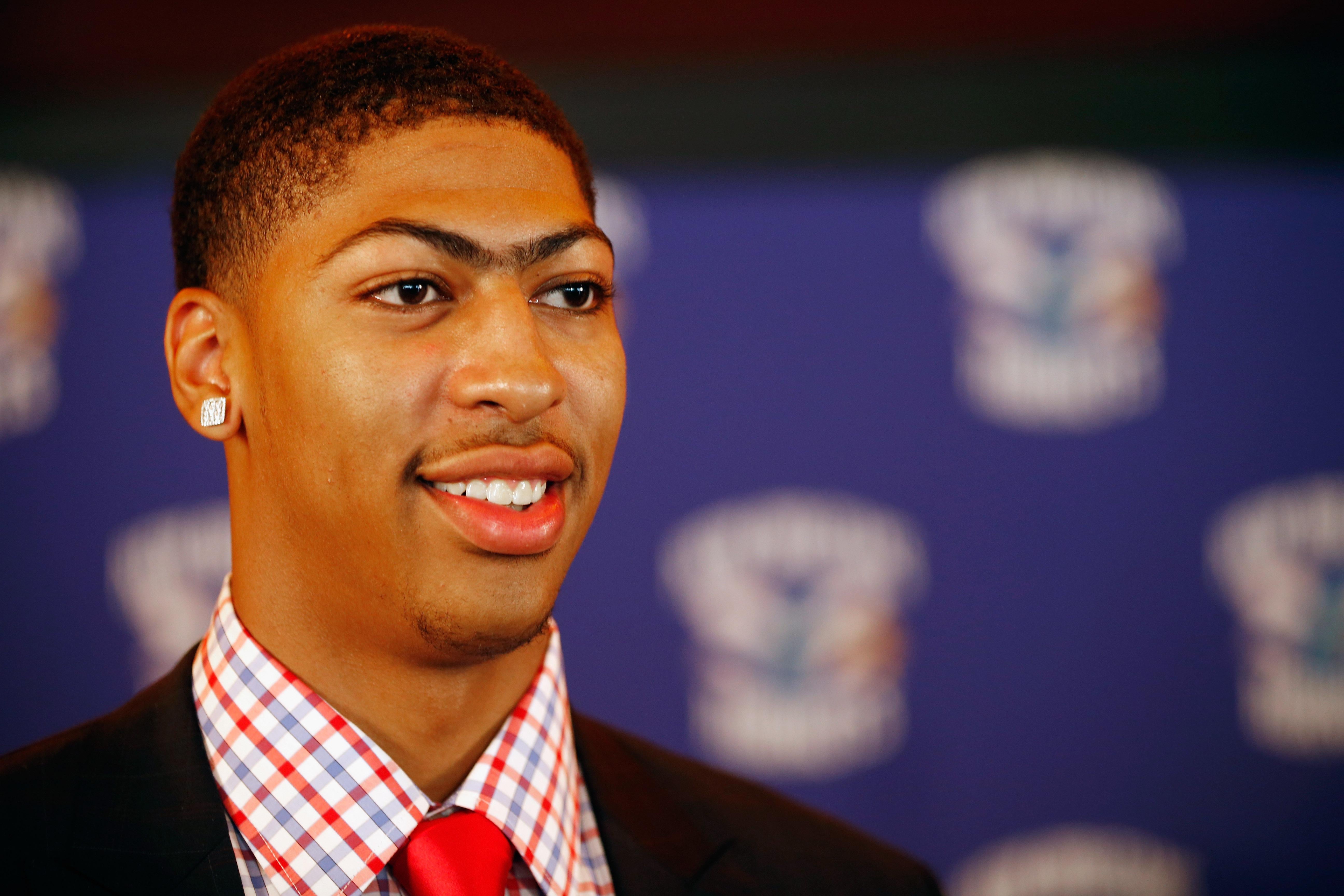Jack Hamilton has a great piece out looking back at the amazing Darko Milicic draft bust, and of course all of Washington is waiting with bated breath to see who we’ll drag tonight with our No. 3 draft pick. But it’s worth observing that the NBA draft—like its companion drafts in other major North American sports—is an un-American bailout of managerial incompetence that also appears to me to violate all the leading principles of American anti-trust law.
The details of the different drafts vary a bit and they change over time, but the basic idea of a draft system is that instead of teams bidding on an open market for young players, exclusive rights to rookies are allocated with an eye to giving the worst teams the best chance of securing young talent. This is a convenient way for veterans and owners to conspire together to depress the wages of young players, but in the name of “competitive balance” it also creates a constant open-ended bailout of mismanaged teams and prevents best practices from spreading. Teams like the San Antonio Spurs and Denver Nuggets, who manage to work their way into the playoffs year after year, are hobbled in their ability to retain fresh talent, while squads like the Orlando Magic and Cleveland Cavaliers, who plainly don’t know what they’re doing, engage in a goofy boom-and-bust cycle of occasionally picking up superstar talent on the cheap only to see the star fly the coop because management can’t get it together.
This is all rationalized through a baffling argument about the needs of small-market teams that completely ignores the fact that the teams that are most disadvantaged by the draft system are well-managed small-market teams, who are being systematically denied the fruits of effective talent evaluation.
Here’s what ought to happen to a team located in a small market that can’t manage to put a winning group of players on the floor: It should be sold to someone who can put a winning group of players on the floor. Precisely because the franchise is located in a smaller market, its sale price would be lower than a big-market team so a wider range of sports management entrepreneurs would be able to bid and put their ideas about how to run a franchise to work. Alternatively, you could shift to a European-style system of promotion and relegation. Either way, the point would be to expunge bad managers from the top tier of the league, in which case management should improve over time. Right now, the ability to make smart decisions about which players to hire is rewarded in the sense that you go deeper in the playoffs, but then it’s simultaneously penalized through the draft. Good decision-making should be simply rewarded—the way it is in a normal business—so that over time the surviving management structures are really smart about whom to hire. Then you’d get better players on the floor and a better overall product.
Moralistic hectoring aside, there’s actually a reason this doesn’t happen in other fields—it would be illegal. Employers can’t band together to form a hiring cartel in which they refuse to bid against one another for employees’ labor. It’s such a flagrantly illegal idea that you never even seem to see any litigation around it. And if employers did form an illegal hiring cartel, they certainly wouldn’t make a nationally broadcast television show about it since they’d all end up in jail.
